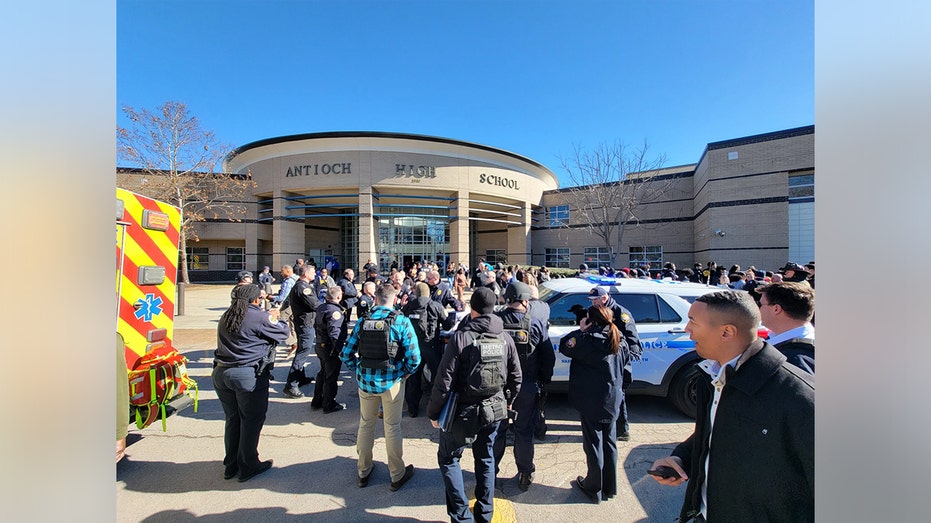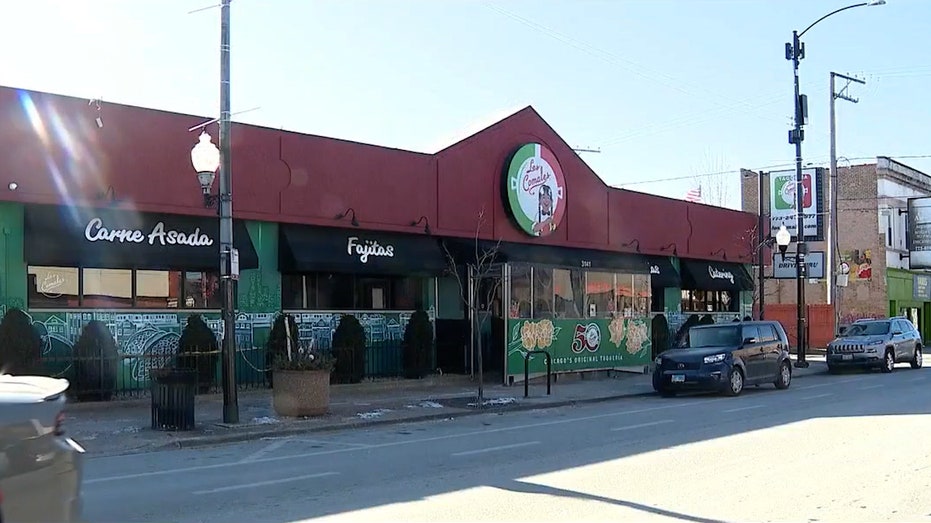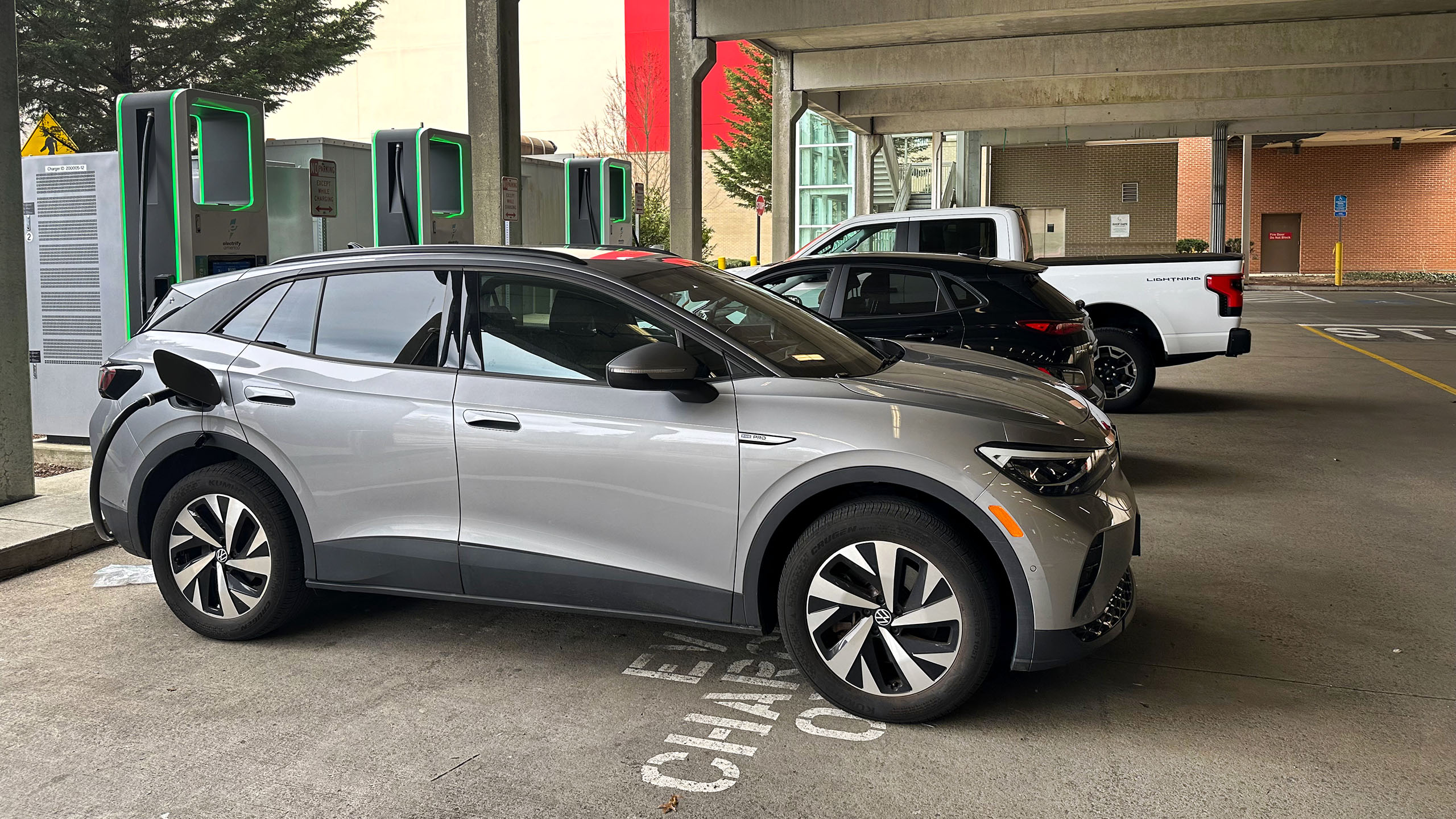Disasters Like the LA Fires Always Hit the Poor the Hardest. Trump Wants to Make It Worse.
An executive order from Trump helps ensure that inequities of the federal aid distribution system will keep favoring the white and wealthy. The post Disasters Like the LA Fires Always Hit the Poor the Hardest. Trump Wants to Make It Worse. appeared first on The Intercept.

Before Donald Trump’s inauguration, advocates were already worried about how aid would be distributed to Los Angeles wildfire victims. Recovery money has long favored the white and wealthy.
On Monday, one of Trump’s first moves could make the problem worse. One of his flurry of executive orders eliminated the “equity action plans” government agencies had created as a first step toward reversing the long-term inequities in welfare distribution.
Among those agencies was a top purveyor of disaster assistance: the Federal Emergency Management Agency.
Advocates worry that the recent moves could slow progress toward correcting decades of uneven aid distribution.
“You could throw a pin to any state on the map and see a disaster where there was an inequitable distribution of resources,” said Noah Patton, the disaster recovery manager at the National Low Income Housing Coalition. “The message right now to FEMA personnel is there’s nothing wrong continuing with business as usual.”
The wildfires that ripped through Los Angeles destroyed the houses of the rich and famous, but also swaths of the historic Black community of Altadena.
With Republicans in Congress threatening to attach conditions to aid for California, getting aid could become trickier for everyone — but history has shown that the white and well-connected are better at working the system.
Trump’s new order will help maintain that unequal status quo.
Trump’s Order
One of Trump’s first moves on Inauguration Day was to issue an executive order aimed at “ending radical and wasteful government DEI programs and preferencing,” in the words of the White House, referring to diversity, equity, and inclusion.
For months on the campaign trail, Trump took aim at diversity programs as a supposed hot bed of “anti-white” racism. Much of the discourse centered on the U.S. military, especially after Trump’s selection of DEI critic Pete Hegseth to run the Defense Department.
The move was one among many reversals to Biden administration policies. To mixed effect, President Joe Biden seeded diversity, equity, and inclusion programs in at least 24 other federal agencies, including those that dole out disaster aid funds such as FEMA and the Small Business Administration, under the auspices of “equity action plans.”
In some cases, the plans were not much more than bulletpoints listing agency aspirations. FEMA’s plan, for instance, included items calling for better communication with people who lack English proficiency; for making it easier for those who live in mobile homes to “self-certify” that they are the owners; and for increasing aid for low-income disaster survivors to receive help for expenses such as transportation and child care.
Patton said FEMA’s plan was a baby step, but an important one.
“FEMA planned out its areas of focus based on these internal documents that, while they themselves don’t create new reforms or change policy, they’re seen as guiding documents for future policy reform work inside the agency,” he said.
No more: Trump’s executive order Monday calls on agencies to “terminate, to the maximum extent allowed by law,” their equity plans.
Disaster After Disaster
The idea that America’s generals have gone woke might be so fuzzy that it’s hard to debunk, but the notion that American disaster aid disproportionately helps white people and the well-to-do is supported in reams of academic literature.
“Consistently, the finding is often that lower income or minority residents just tended to have worse outcomes after these disasters,” said Steve Billings, a professor at the University of Colorado-Boulder who studied the distribution of housing aid after Hurricane Harvey in Houston.
One study based on a sample of 3,400 households found that recurring disasters increased the racial wealth gap over time. White residents of hard-hit counties increased their wealth by $126,000 versus Black, Latino, and Asian residents. Those groups lost an average of $27,000, $29,000, and $10,000, respectively.
Authors Junia Howell and James Elliott concluded that “how federal assistance is currently administered seems to be exacerbating rather than ameliorating wealth inequalities that unfold after costly natural hazards.”
Another study conducted by news organizations found that the state-administered, federally funded program to help homeowners in Louisiana rebuild after Hurricane Katrina systematically shortchanged the poor, to the point where they received $18,000 less on average than they would have if they were helped at the same rate as the rich.
Billings’s study of Hurricane Harvey found that low-income neighborhoods that were outside of floodplains — and thus generally were not required to obtain flood insurance — had bankruptcies soar by 20 percent. FEMA and Small Business Administration aid were both handed out regressively.
“The people that were in the floodplains in wealthier neighborhoods tended to, if anything, be just as well off as before the hurricane,” Billings said.
Experts say that some the inequities stem from agency practices and others are baked into the process by congressional design.
FEMA, for instance, often issues an initial denial for aid that must be appealed, a process that is harder for working-class people to navigate.
“They don’t necessarily have the time to sit down and figure all this stuff out,” said Patton. “They’re trying to find alternative employment or trying to just survive.”
The agency also requires title documents for residents to show that they own disaster-damaged homes, a requirement that can be daunting for residents of Puerto Rico, where informal titles are common, or for heir’s property, a type of ownership that is more common among Black people.
Then there are inequities tied to congressional mandates. FEMA and the Small Business Administration, which is responsible for many home-rebuilding loans, are mandated to be on the lookout for fraud; critics say they have sometimes been keener to observe that mandate than to help disaster victims.
Meanwhile, many of the biggest funds allocated by Congress are available only to homeowners. And even the homeowners looking for SBA loans must meet creditworthiness requirements — and credit scores come with huge racial disparities.
Some Strings Attached
Congress is only beginning to tackle the topic of how to help California rebuild with long-term aid, a politically fraught question that often becomes enmeshed in partisan politics.
Yet Republicans, though they often blanch at sending disaster without offsets to the federal budget elsewhere, have rarely attempted to apply political conditions to big aid packages. That could be changing.
In the wake of the California wildfires, Trump repeatedly criticized the state’s Democratic leadership. And House Speaker Mike Johnson, R-La., has suggested imposing policy conditions on aid to the state.
Sen. Mazie Hirono, D-Hawaii, told the Intercept last week FEMA funding has been critical in helping Maui rebuild after devastating wildfires there in 2023.
“I hope that we will continue to fund FEMA, because trying to tie natural disaster relief to whether or not a state voted for Trump is a horrible discussion for anybody to be having,” she said. “So I just would like the federal government to equitably support people who are going through horrible times.”
The post Disasters Like the LA Fires Always Hit the Poor the Hardest. Trump Wants to Make It Worse. appeared first on The Intercept.
What's Your Reaction?























































